During Saddam Hussein’s presidency, it’s believed that possession and sale of cannabis was extremely rare, due to the tight border controls. Since then, drug smuggling has been on the rise, and the authorities still use life sentences and death penalties for drug traffickers. Despite the tough laws, cannabis use is fairly prevalent in the country.
- Capital
- Baghdad
- Population
- 47,200,000
- CBD Products
- Illegal
- Recreational cannabis
- Illegal
- Medicinal cannabis
- Illegal
- Cannabis laws in Iraq
- Can you possess and use cannabis in Iraq?
- Can you sell cannabis in Iraq?
- Can you grow cannabis in Iraq?
- Is CBD legal in Iraq?
- Can cannabis seeds be sent to Iraq?
- Medicinal cannabis in Iraq
- Industrial hemp in Iraq
- Good to know
- Ancient cannabis history
- The modern cannabis trade
- Attitudes towards cannabis
- Cannabis in Kurdistan
- Will cannabis be legalised in the future?
Cannabis laws in Iraq
Can you possess and use cannabis in Iraq?
It’s illegal to use or possess cannabis in Iraq, and the laws are harsh for even those caught with relatively small amounts. The 2014 International Drugs Strategy Report found that the country’s drug laws were not in-line with international advances in treatment or law enforcement, with harsh prison sentences in place for relatively minor offences. Personal use of cannabis can be punished by three to 15 years in prison.
Those convicted of using drugs can request to receive treatment instead of a prison sentence. However, the level of treatment available is inadequate and as such, this option isn’t routinely offered.
During Saddam Hussein’s time as president (1979 to 2003), it’s believed that the country wasn’t exposed much to cannabis, due to tight border controls. However, since then, Iraq has become a ‘transit country’ for drug traffickers, with significantly more cannabis entering the country. As a consequence, it’s believed that cannabis use is on the rise.
Despite the fact that laws are tough, cannabis is widely smoked in the country.
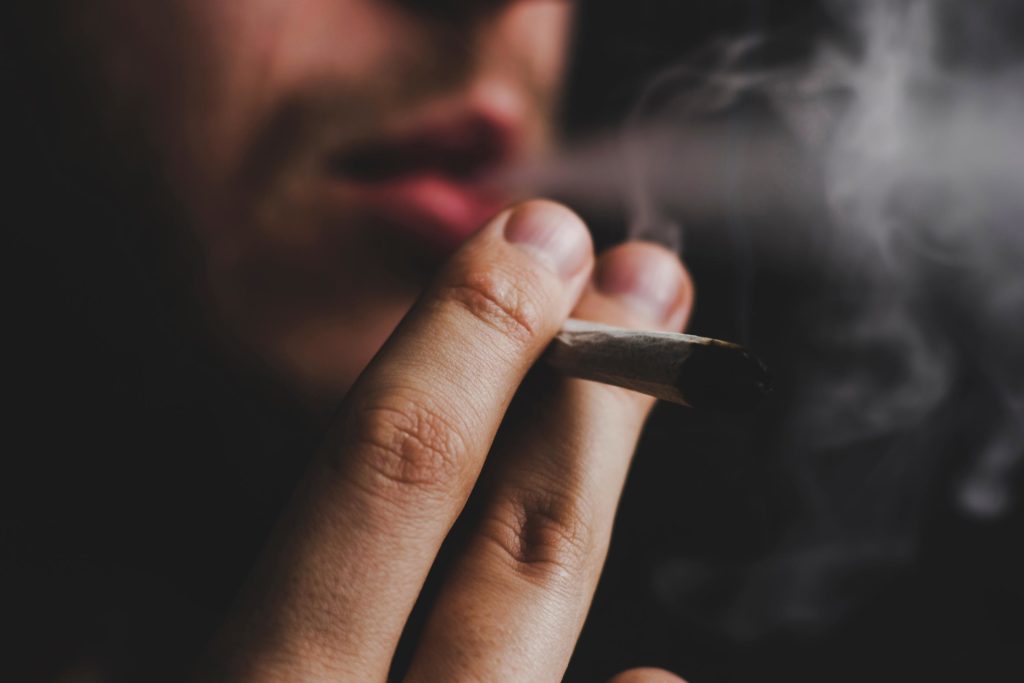
Can you sell cannabis in Iraq?
Selling or supplying cannabis in Iraq is also illegal. Even dealing cannabis in a small-scale way can result in a prison sentence, and large-scale trafficking is sometimes punished with a life-sentence (which is usually set at 20 years). Sometimes, the death penalty is given to those who smuggle drugs in and out of the country.
Iraq still issues death penalties regularly. They’re usually only given to drug traffickers who are suspected of trying to fund or assist insurgency. However, Iraqi authorities (and the media) express belief that trafficking activity is often linked to insurgency, which leads to drug traffickers being accused of having links to terrorist organisations.
In 2019, it’s estimated that there are somewhere between 1,724 to over 3,000 people under sentence of death in Iraq.
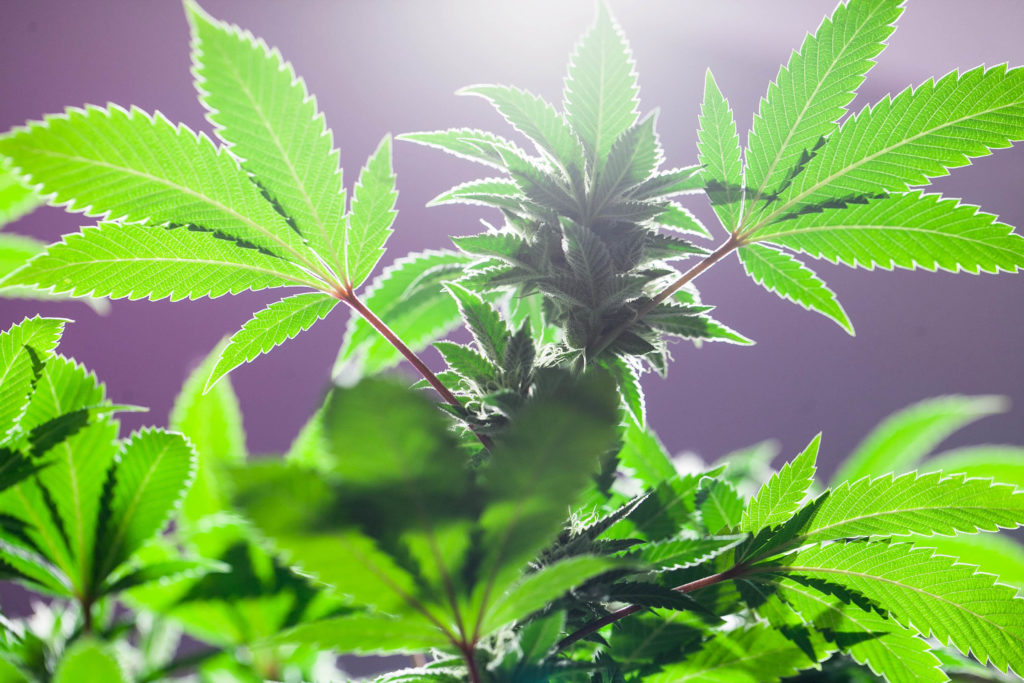
Can you grow cannabis in Iraq?
It’s illegal to cultivate cannabis in Iraq, even limited amounts for personal use. It’s not that commonly grown in the country, as the environmental conditions aren’t ideal. The US Department of Agriculture’s analysts reported that most of the territory is too arid, and that even attempts to grow cannabis in the south of the country (where there’s more water) have been somewhat unsuccessful.
A few farmers continue to attempt to grow cannabis, due to its profit-making potential. Since 2003, there have been occasional raids on plantations, but because of the lack of available data, it’s difficult to say how many. Possibly, the extent of the cultivation may be larger than the scanty media coverage suggests.
One such raid happened in 2006, when authorities arrested a farmer in northern Iraq and destroyed his cannabis crop, estimated to be worth $2million. Likewise, a video uploaded to the internet in 2008 showed US soldiers standing by fields of cannabis, proving that some cultivation does occur in the country.
Is CBD legal in Iraq?
Iraqi law makes no distinction between CBD and cannabis; despite the fact that CBD contains very low levels of THC (the substance responsible for providing the ‘high’). As such, it’s illegal to use, buy or sell it.
Can cannabis seeds be sent to Iraq?
It’s illegal to cultivate cannabis in Iraq. This means that cannabis seeds are illegal and cannot be sold or purchased here; nor can they be sent through the post.
Medicinal cannabis in Iraq
There is currently no medicinal cannabis programme in place in Iraq – nor is there likely to be any time in the near future.
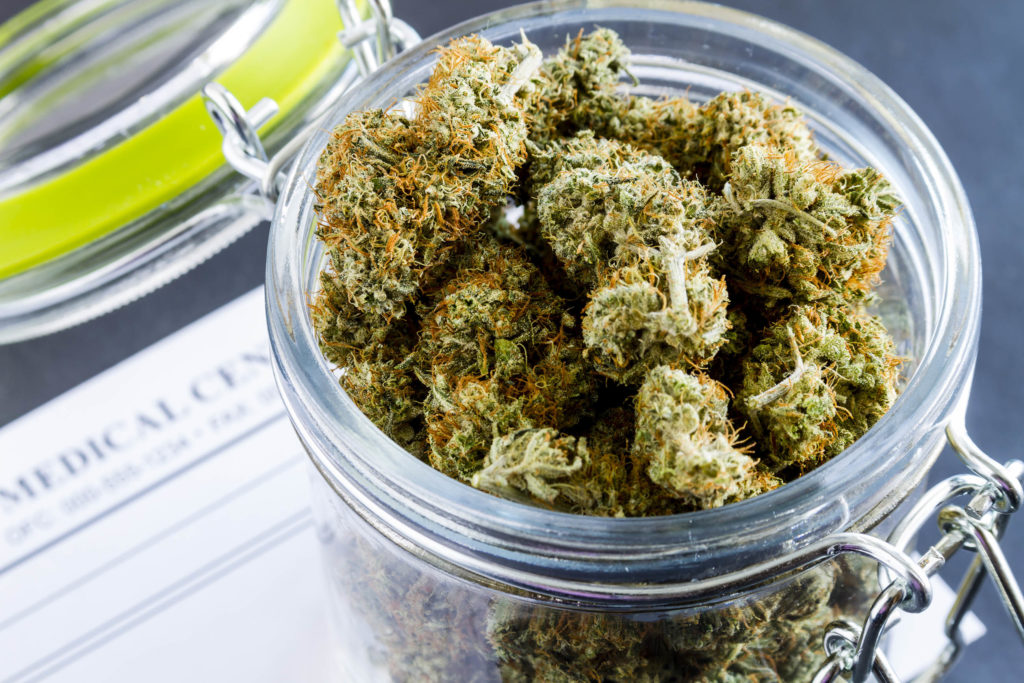
Industrial hemp in Iraq
Industrial hemp is not legally grown in Iraq. Additionally, the arid conditions in much of the country make its cultivation difficult, which is likely to deter farmers.
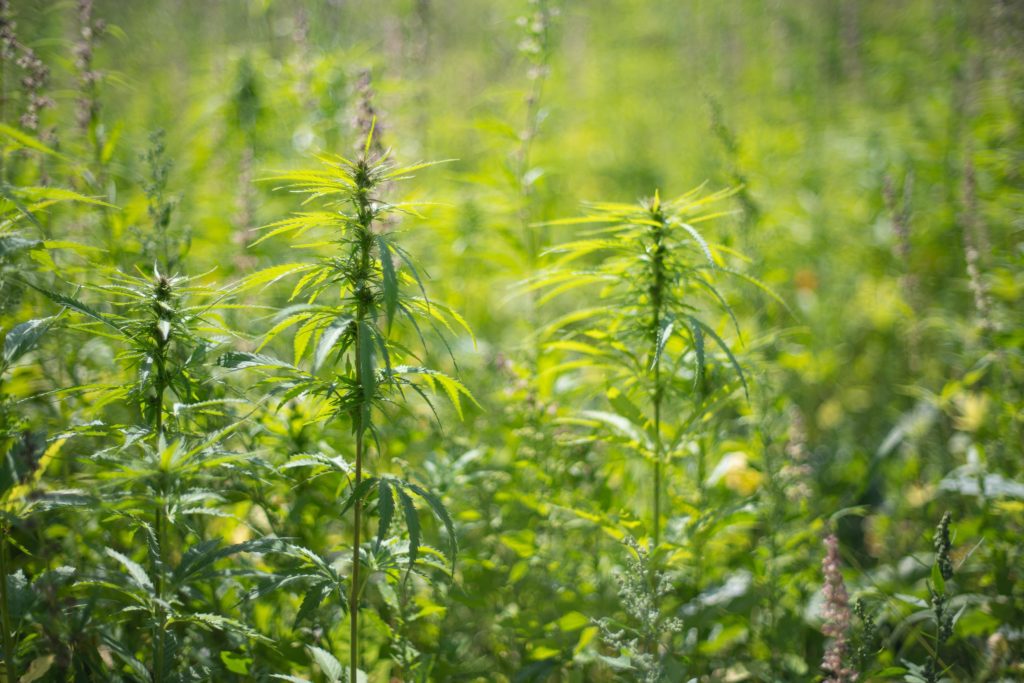
Good to know
If you are travelling to Iraq (or are a resident of the country), it is useful to know the following:
- Incidences of drug arrests have risen most steeply in Basra, with arrests nearly doubling since late 2014. From October 2015 to December 2017, 4,035 arrests were made in this city alone. 3,479 of these were made in 2017.
- Drug use is most common in Basra, followed by the regions of Baghdad and Maysan. It’s believed that usage has grown in Basra due to its border with Iran and Kuwait (where drug use is common). This makes the area particularly vulnerable to trafficking.
- Iraqi authorities are more concerned with the rise of opiate and amphetamine addiction, rather than cannabis.
Ancient cannabis history
Despite Iraq’s fractious relationship with cannabis, experts believe that it has been a part of the area’s culture for centuries. By analysing excavated jars, researchers found evidence to suggest that ancient ‘Near Easterners’ (an area of the Middle East that includes Iraq) used cannabis.
It’s speculated that the plant entered the region via migration. The Yamnaya people from Central Asia carried their cannabis with them to Europe and the Middle East. It’s not known if these people simply used it for making rope, or if it was smoked or consumed. Other evidence suggests that ancient people did smoke cannabis, as archaeological digs in the Caucasus revealed braziers containing the charred remains of the plant and its seeds. These dated back to 3000 BCE.
The modern cannabis trade
These days, Iraq is regarded by traffickers as an important ‘transit’ country. Its location makes it ideal for hashish and opiates to be smuggled from Afghanistan and Pakistan, and weak security measures mean that the authorities struggle to prevent it from happening.
The porous borders are hard to patrol, which means that new routes are regularly established. Although there are specialist counter-narcotics units in the country, they are underfunded and poorly organised.
This has had a knock-on effect throughout the region. Jordan has seen an increase in drug seizures at the Iraqi border, and there has been an overall increase in the amount of hashish smuggled through Iraq to Saudi Arabia.
Additionally, traffickers are getting more inventive with their methods. Iranian smugglers, exploiting Iraq’s instability, often use religious tourism to the holy cities of Al-Najaf and Karbala to disguise their illegal activities. Likewise, some trafficking gangs disguise themselves as Muslim clerics, to ensure they’re able to get drugs into the country without being stopped by the police.
Attitudes towards cannabis
Despite the tough laws, use of cannabis (often in the form of hashish) is fairly commonplace. It’s also regarded as socially acceptable; which isn’t surprising, given how entrenched the practice is in Middle-Eastern tradition.
The culture of hashish smoking has existed in Iraq for centuries, and the authorities quietly tolerate its use (to an extent). However, the rising problem of opiate and amphetamine addiction has thrown cannabis use into the spotlight, and arrests are increasing.
Cannabis, like many other drugs, is sometimes demonised by the Iraqi government and the media, though most seem to regard it as less harmful than other illegal substances.
Cannabis in Kurdistan
The situation regarding the cultivation of cannabis in the autonomous region of Kurdistan can be complicated and confusing.
Evidence suggests that the Kurdistan Workers’ Party is involved in cannabis production, in the Diyarbakir province, which is close to the Iraq border. Further reports claim that PKK members taxed and controlled cannabis farms in the 1990s, in the Kurdish regions of northern Iraq and north-western Iran. The PKK is also known to be involved in heroin trafficking.
More recently, the Kurdish intelligence forces, the Asayish, have been arresting people suspected of drug trafficking in Iraqi Kurdistan. It’s thought that this is in an attempt to gain credibility, and to distance the autonomous region from its previous associations with the drug trade.
Despite attempts to rid Kurdistan of this reputation, it’s thought that drugs trafficking and cultivation still continues in the region. However, cannabis consumption is not common there.
Will cannabis be legalised in the future?
Given Iraq’s tough stance on cannabis, it seems unlikely that the law will soften any time soon. Although in practice, many Iraqi people use the drug regularly, the government have stated their desire to eliminate drug smuggling through the country, which means that the laws are likely to remain fairly harsh.
Likewise, no mention has been made about legalising cannabis for medicinal or industrial purposes.
- Disclaimer:While every effort has been made to ensure the accuracy of this article, it is not intended to provide legal advice, as individual situations will differ and should be discussed with an expert and/or lawyer.








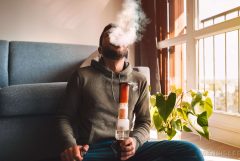



Man we can’t find it anymore, now we planting and even can’t find seeds!
Feel cursed to ba a female in iraq.
seriously man same here fuck this 50 degrees hot in Basra 🙂
for deep web shopping also can cause problem in costum…
i wish if our government was open minded and see the benefits of cannabis and how can they rise up the economy if they wanted
We should have coffee shops open in the city for foreigners only this will boost the economy and transfer the city into a smokers checkpoint in the Middle East. This will allow the country to make great profits in its regulations. Our politicians should wake up and help invest in the Kurdistan region.
I hope sooo inshala them open minds
thats fuckt and im stuck here in erbil with no weed
seriously man same here fuck this country for that man they take shit too serious man. weed is not ok but drinking is hahahaha this country is fucked i swear yo lol weed is way healthier than fuckin drinking man i cant wait to go back home fuck this place
There’s actually a lot of weed, in Duhok which is 2 hours farther from Erbil.
u can get good shit from the deep web my friend
Fr brother same
while watching the big-oil sponsored
propagandists clearly and compulsively
lying re: the situation in the arab regions,
i found myself wondering about the maryjane
situation in that place. i hope the people have
access to it and can get high: all monotheisms/governments
are equally insane. the people deserve slack.